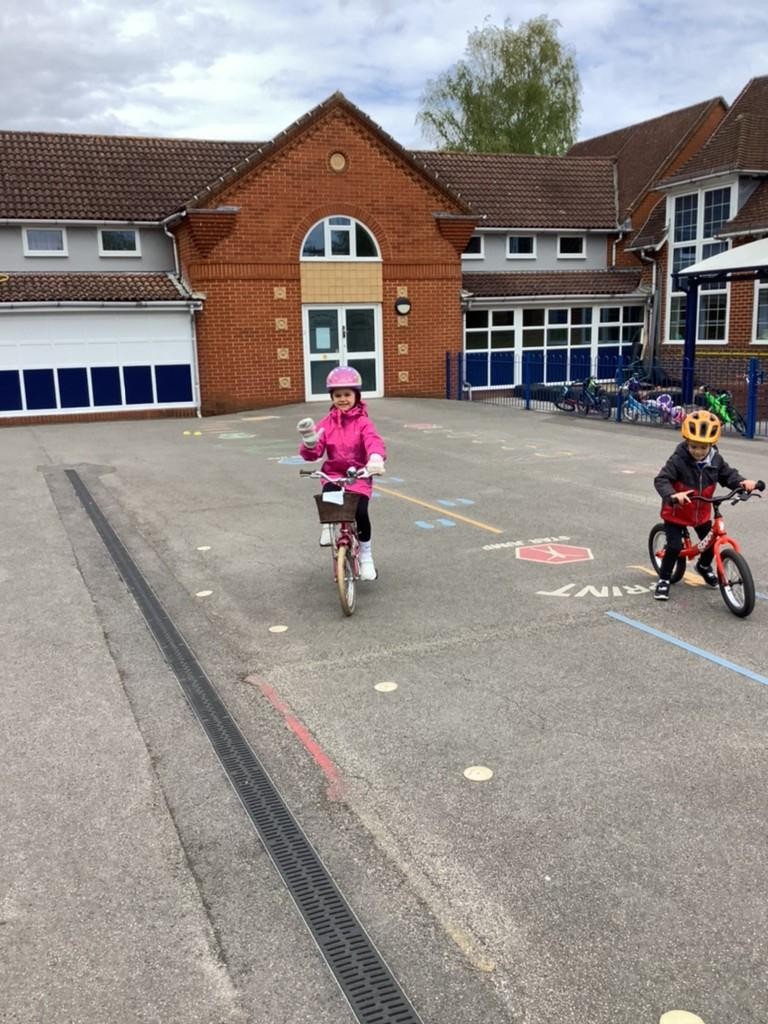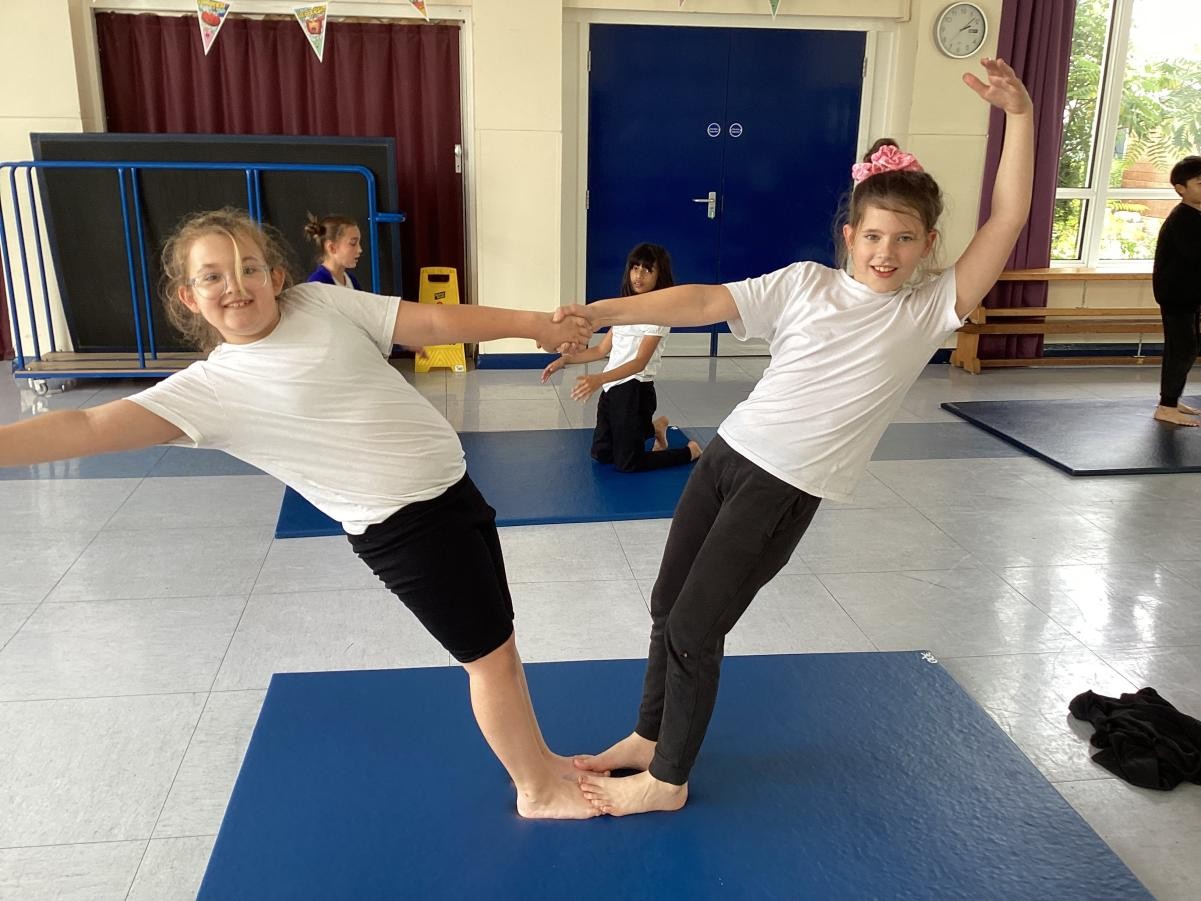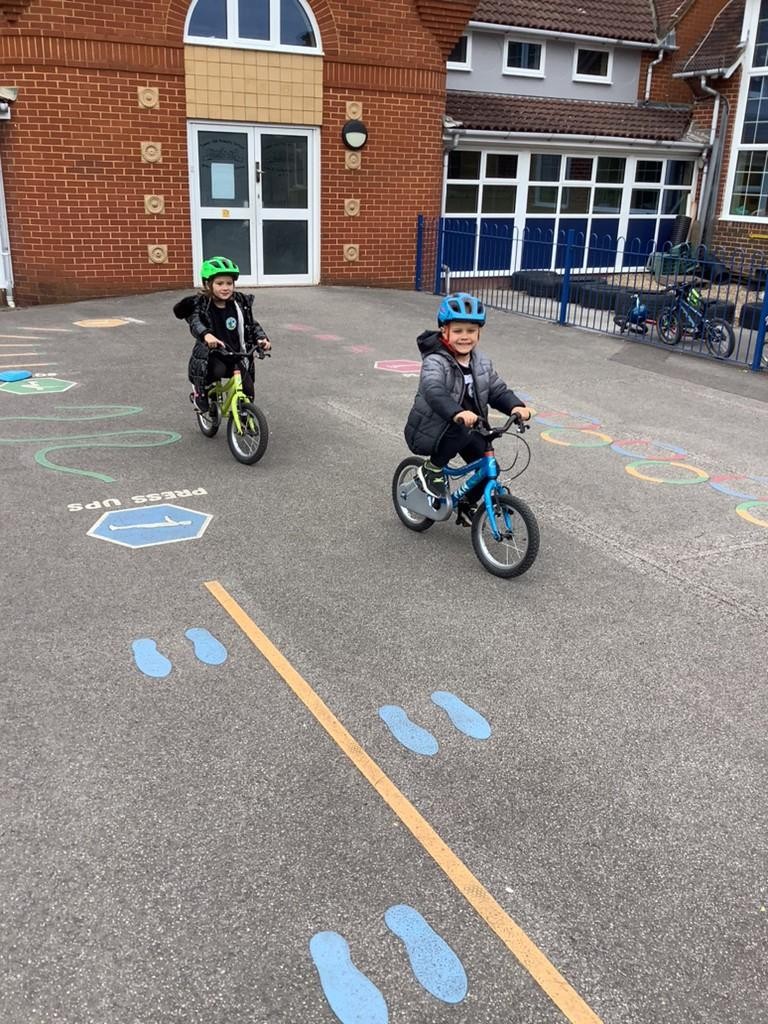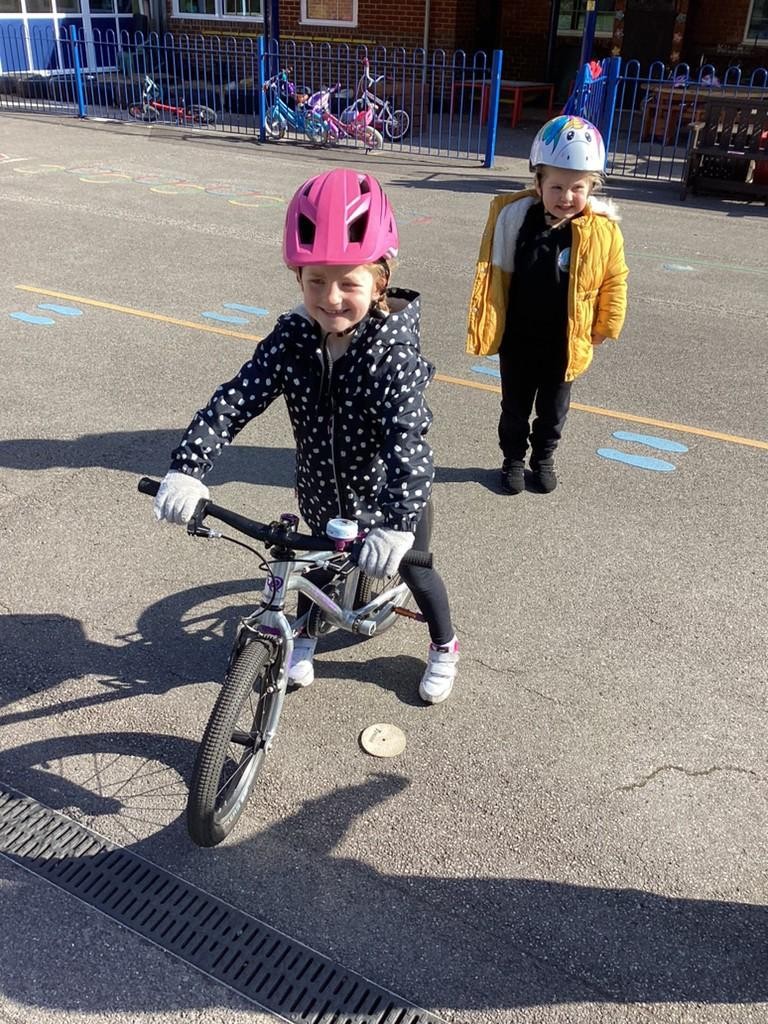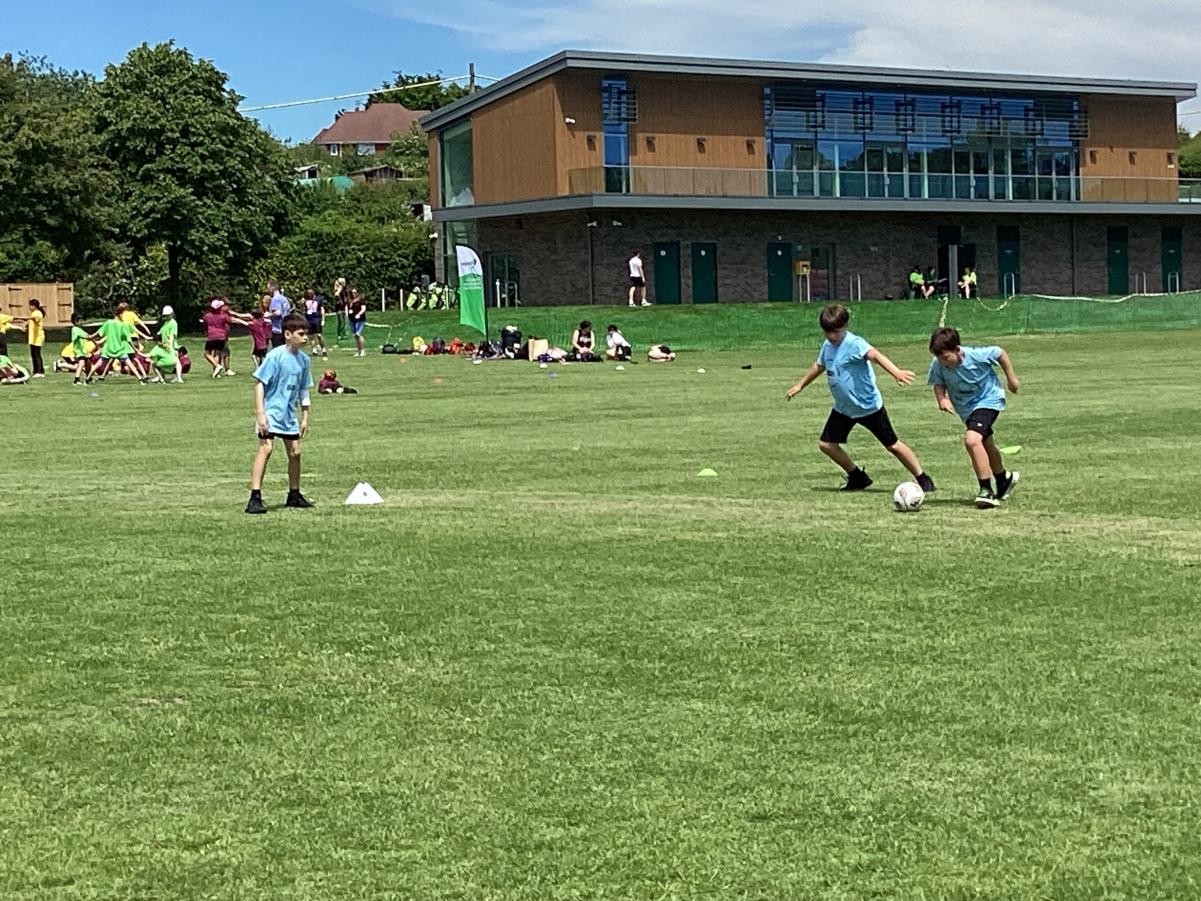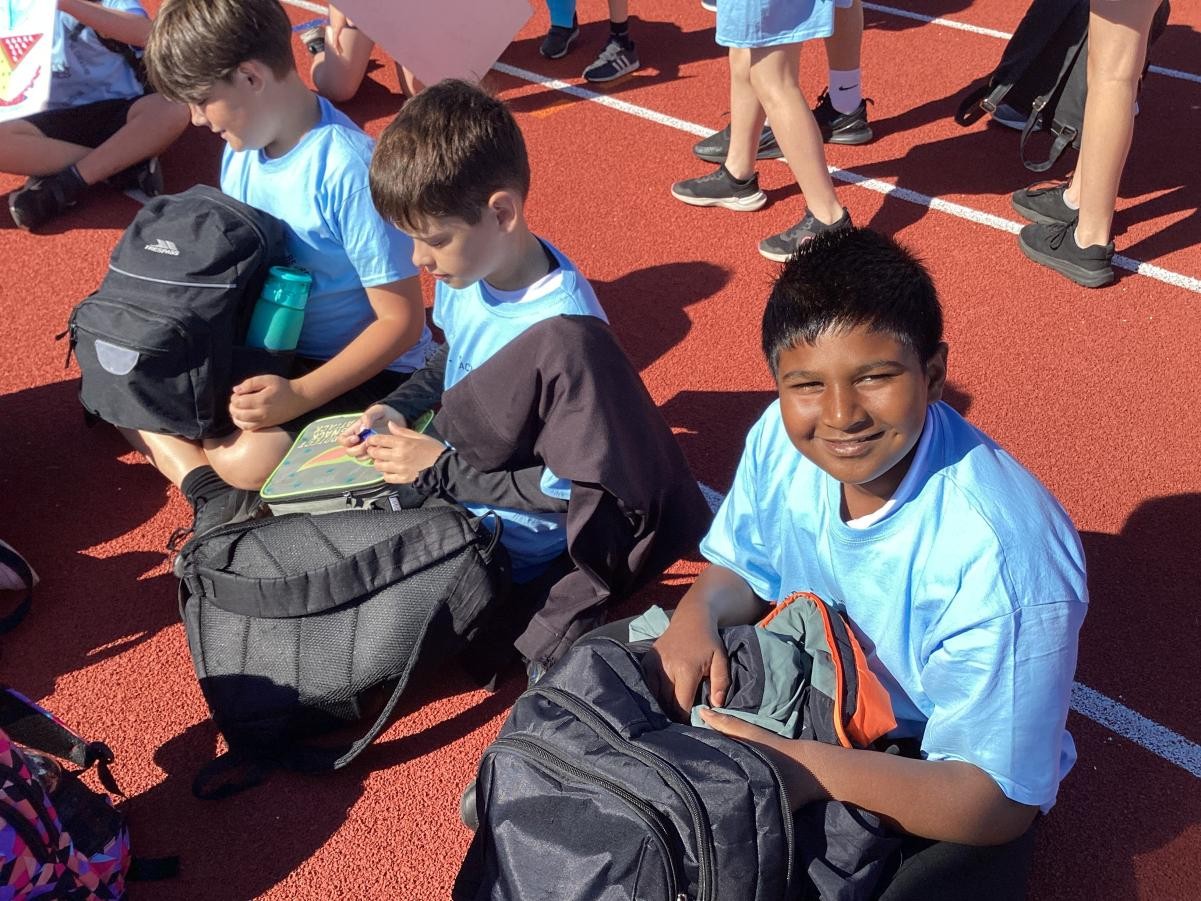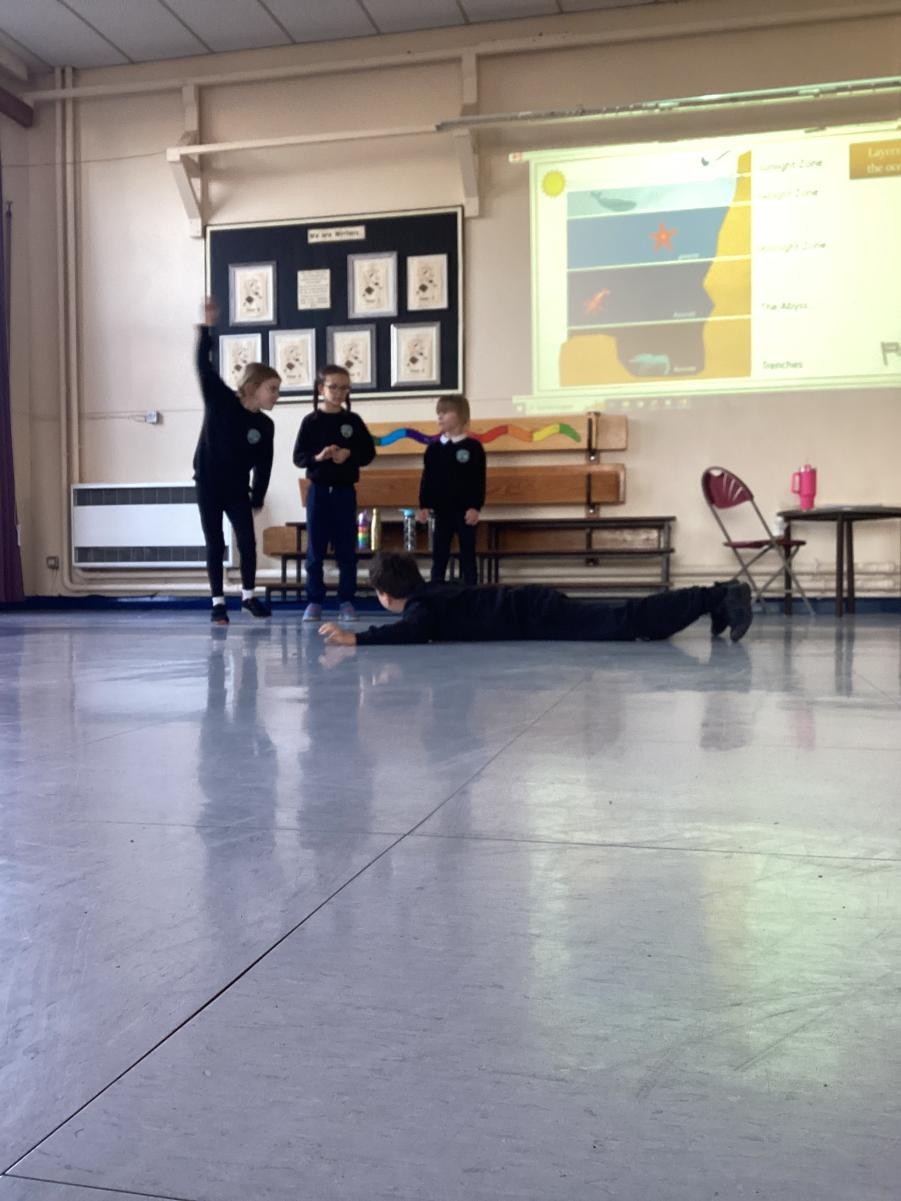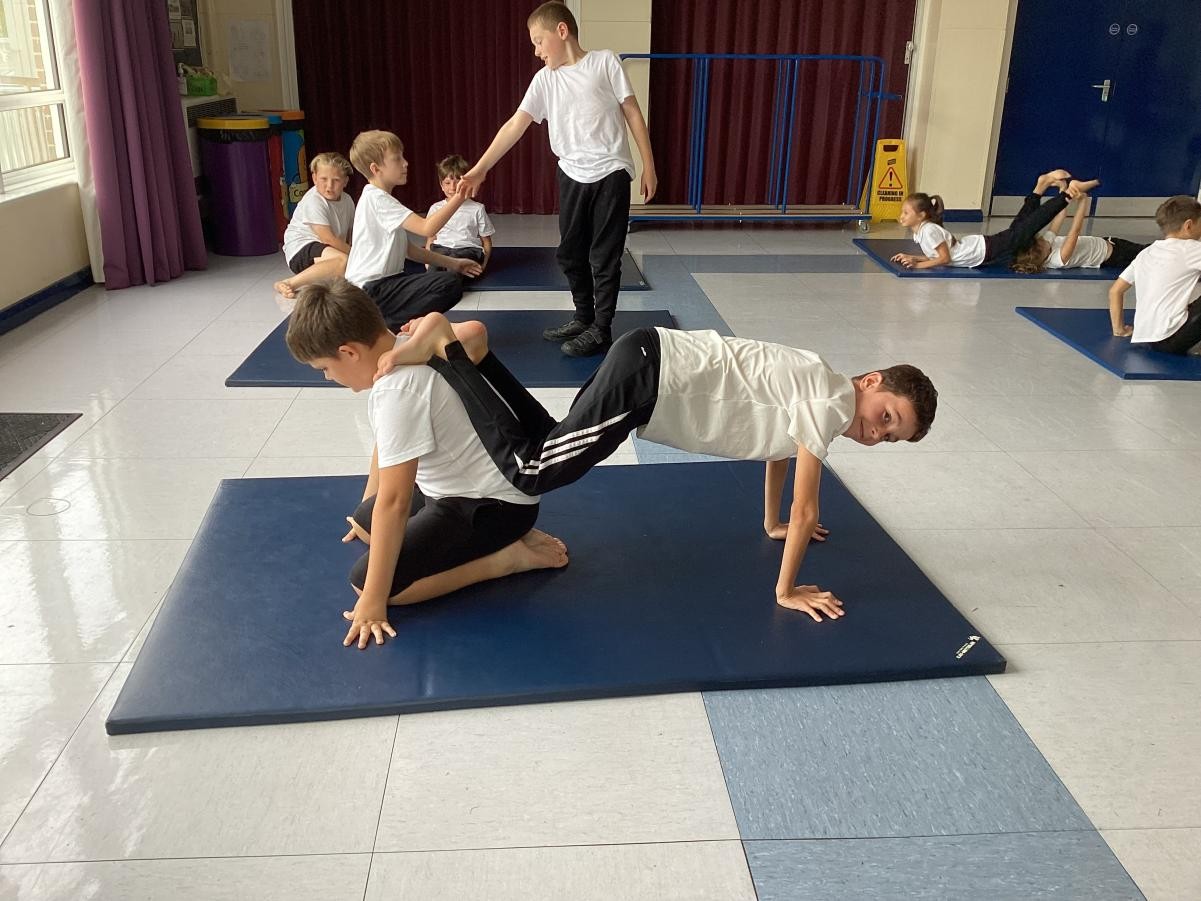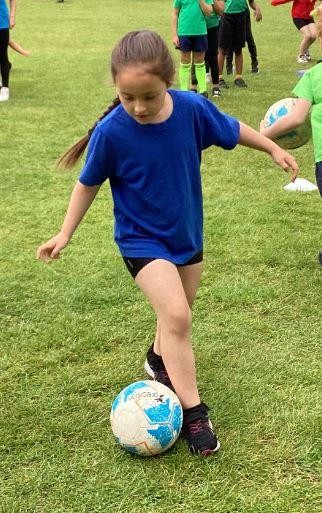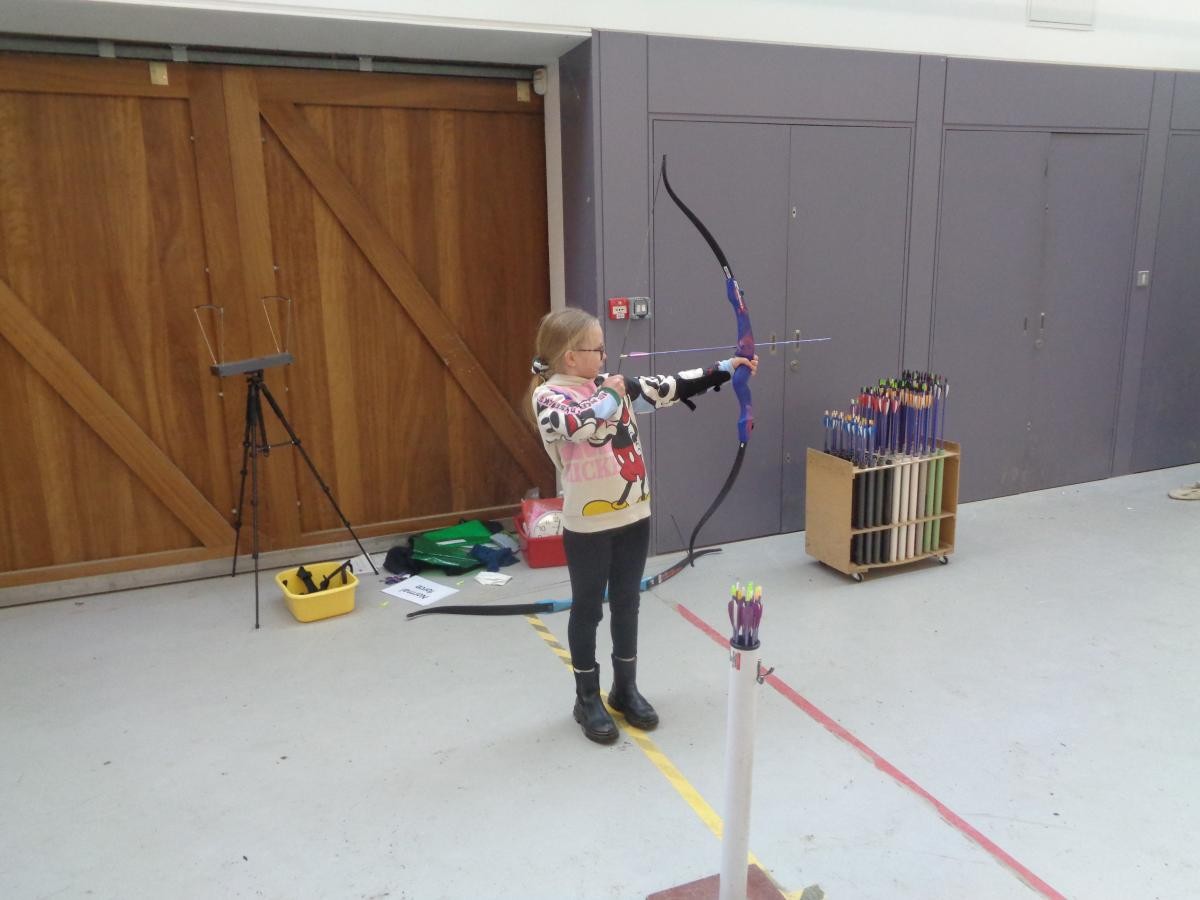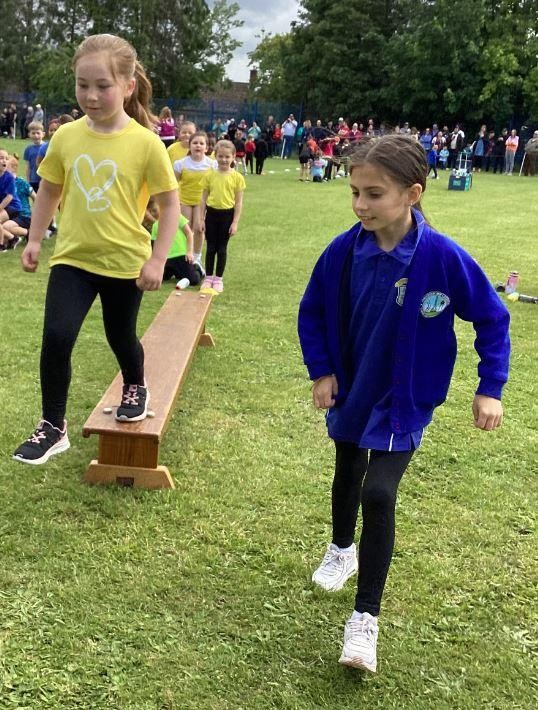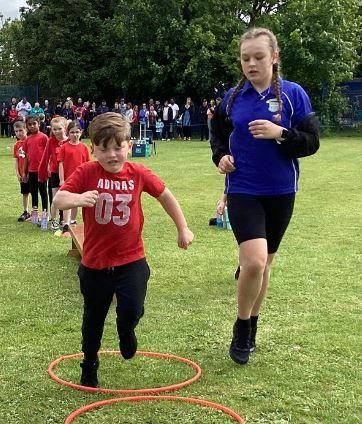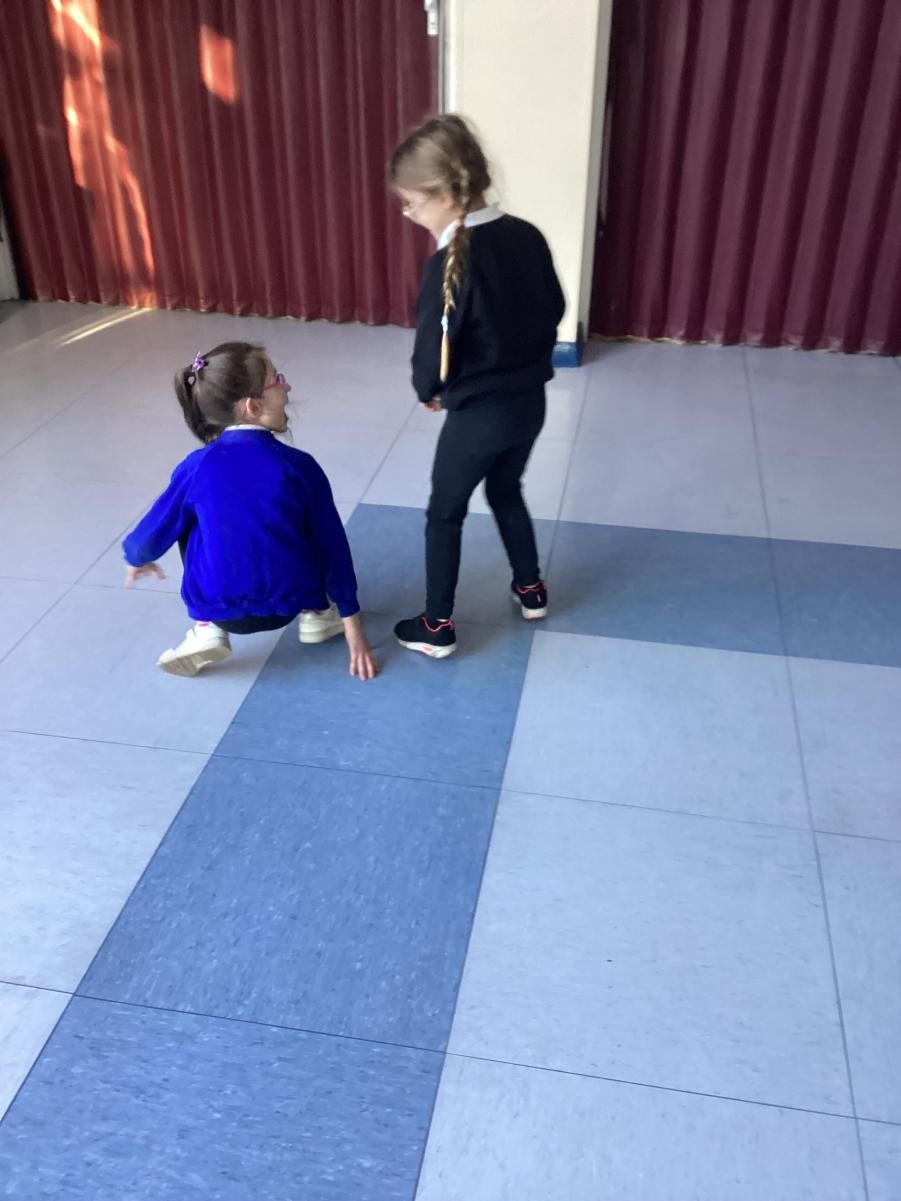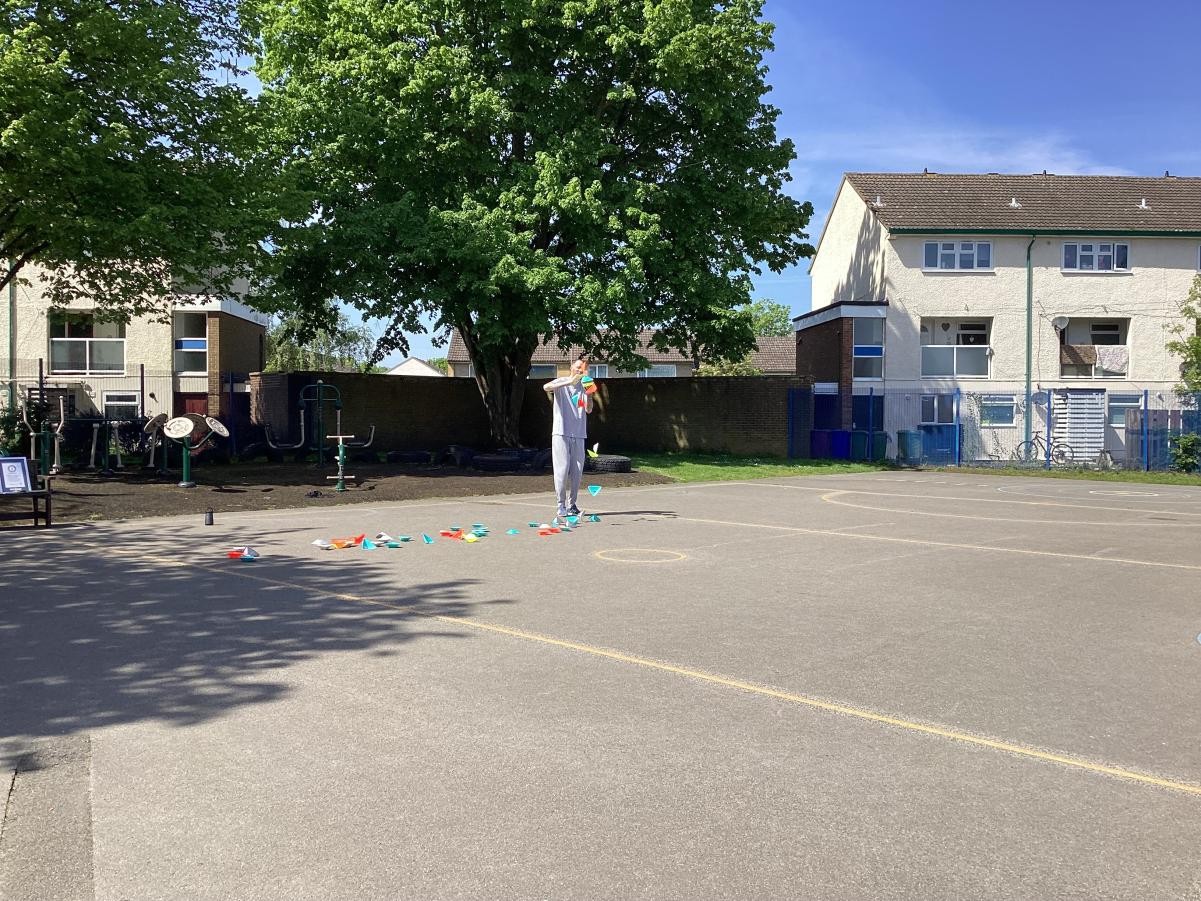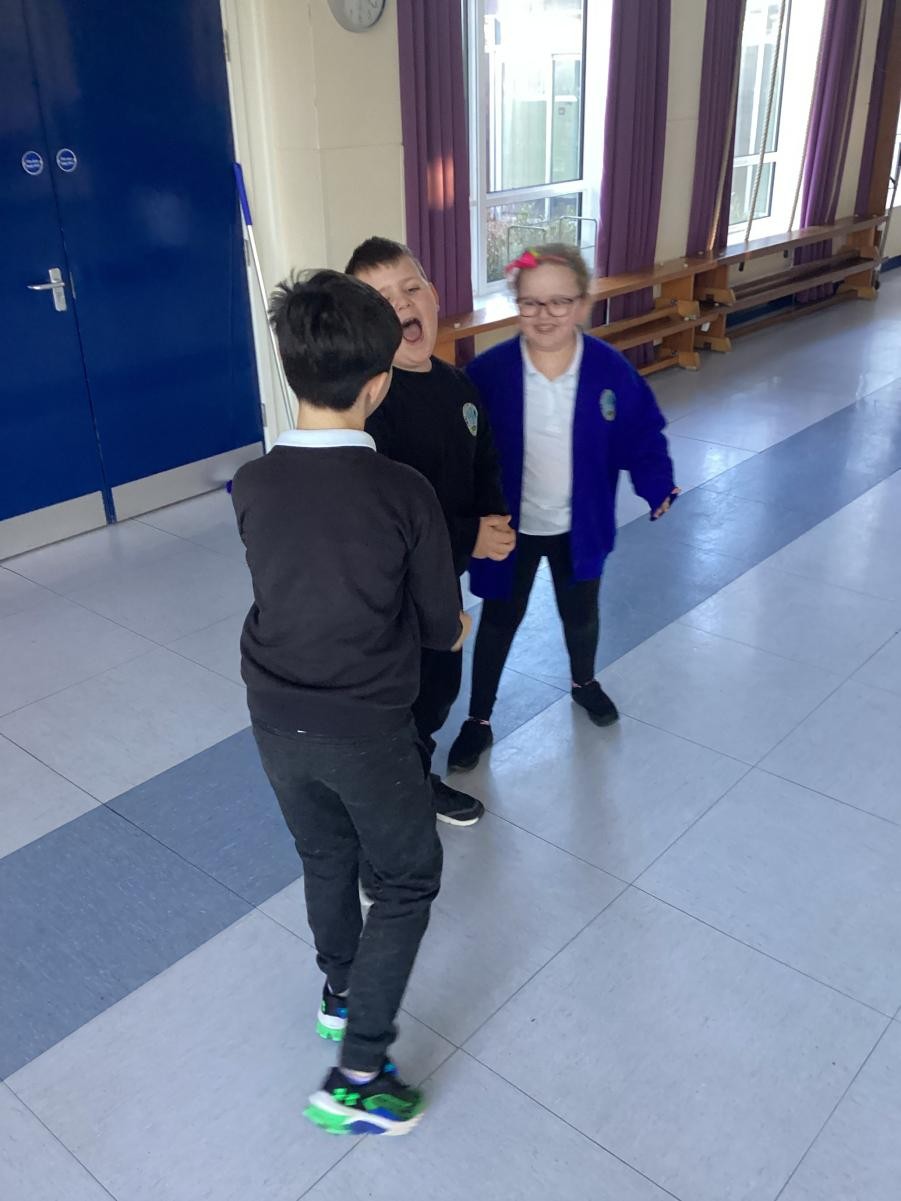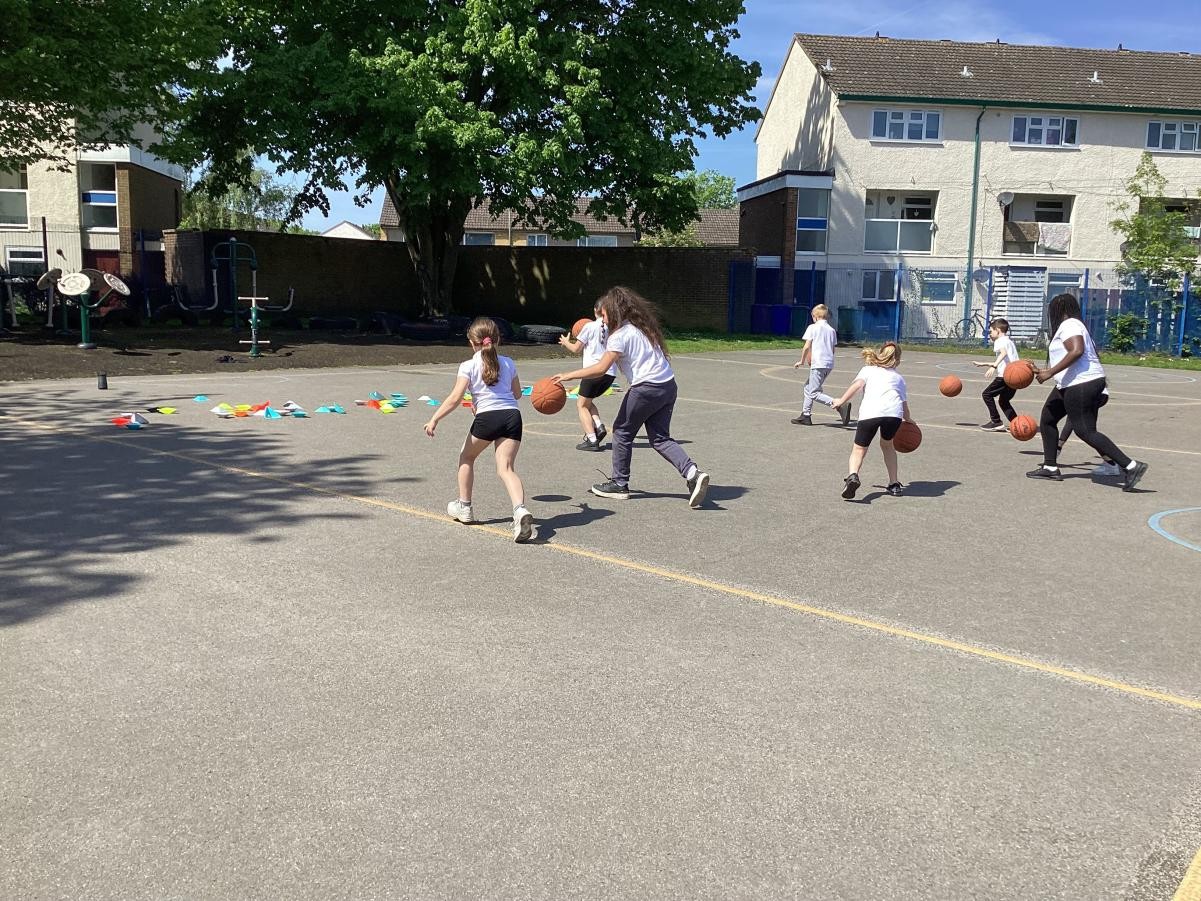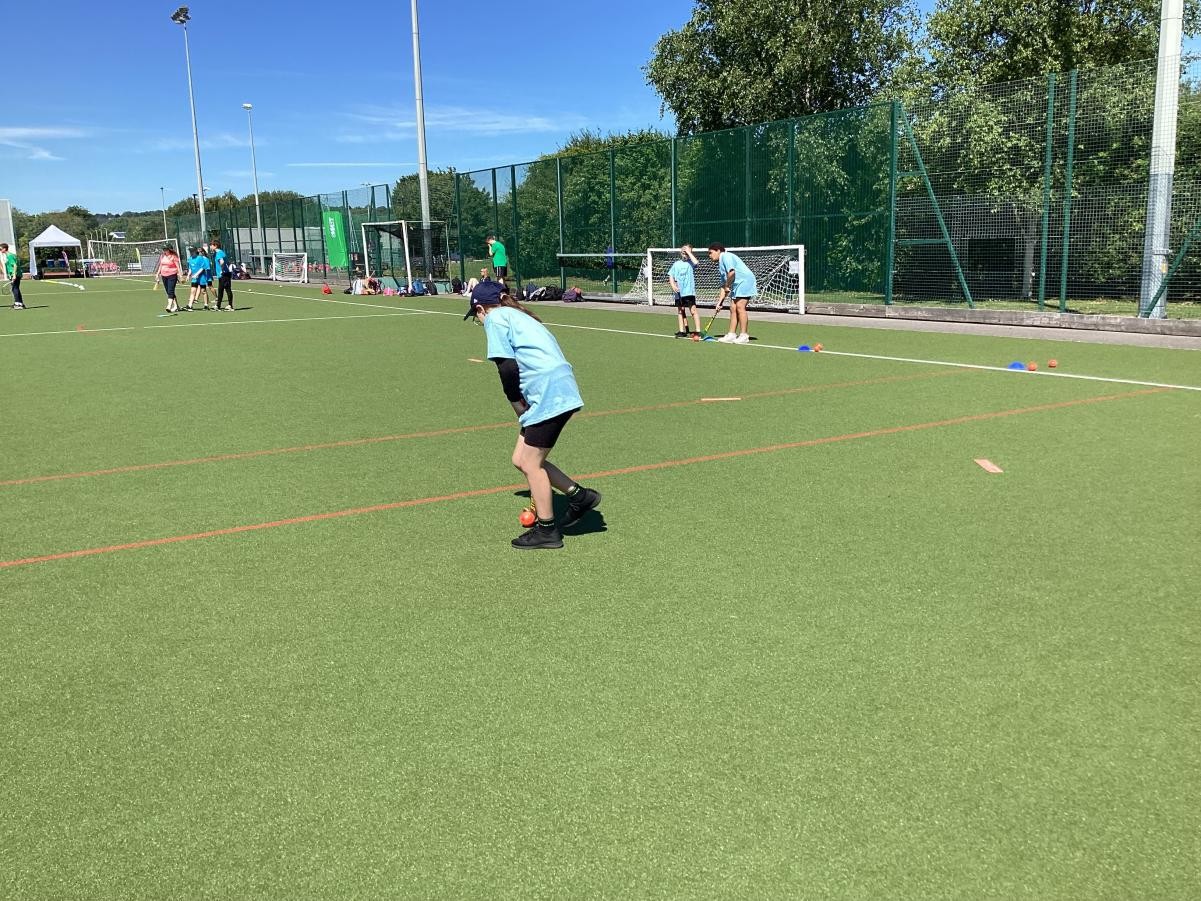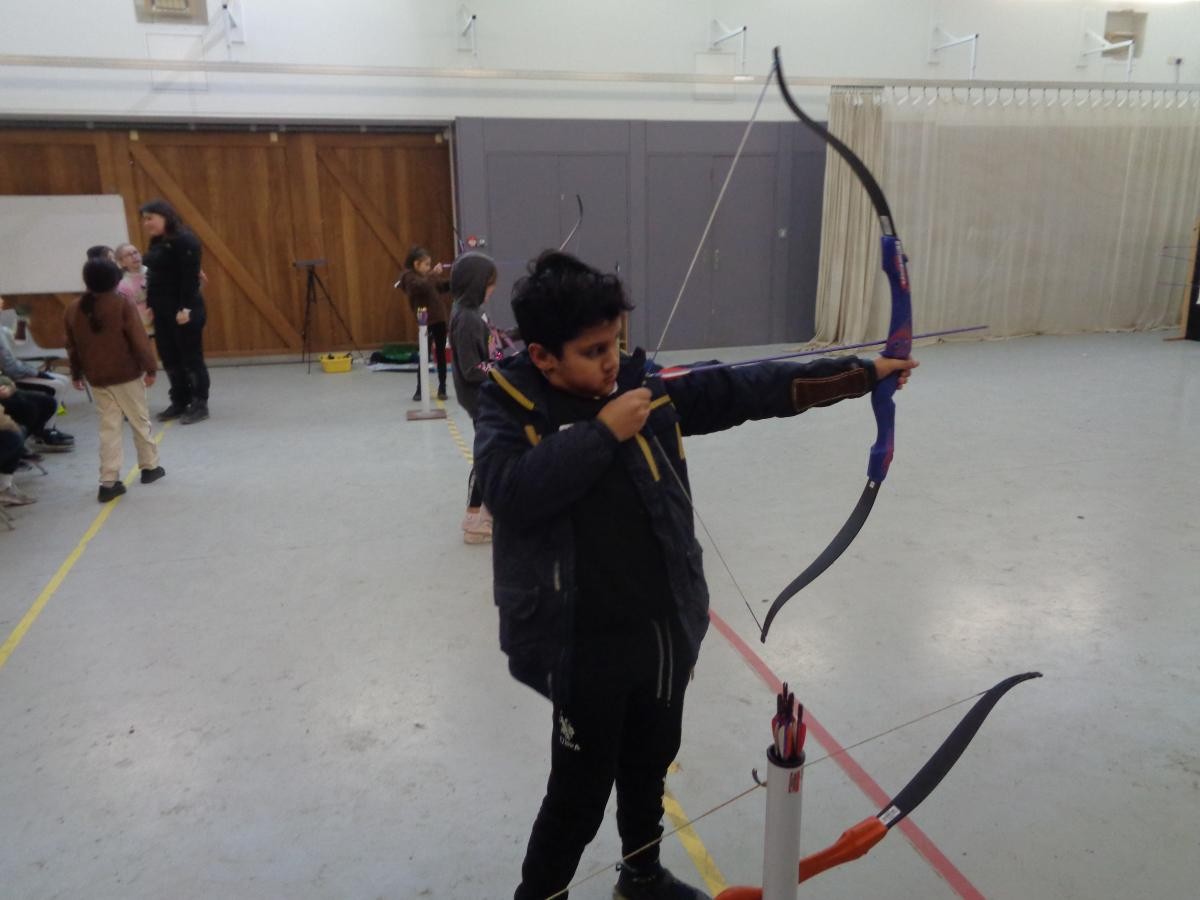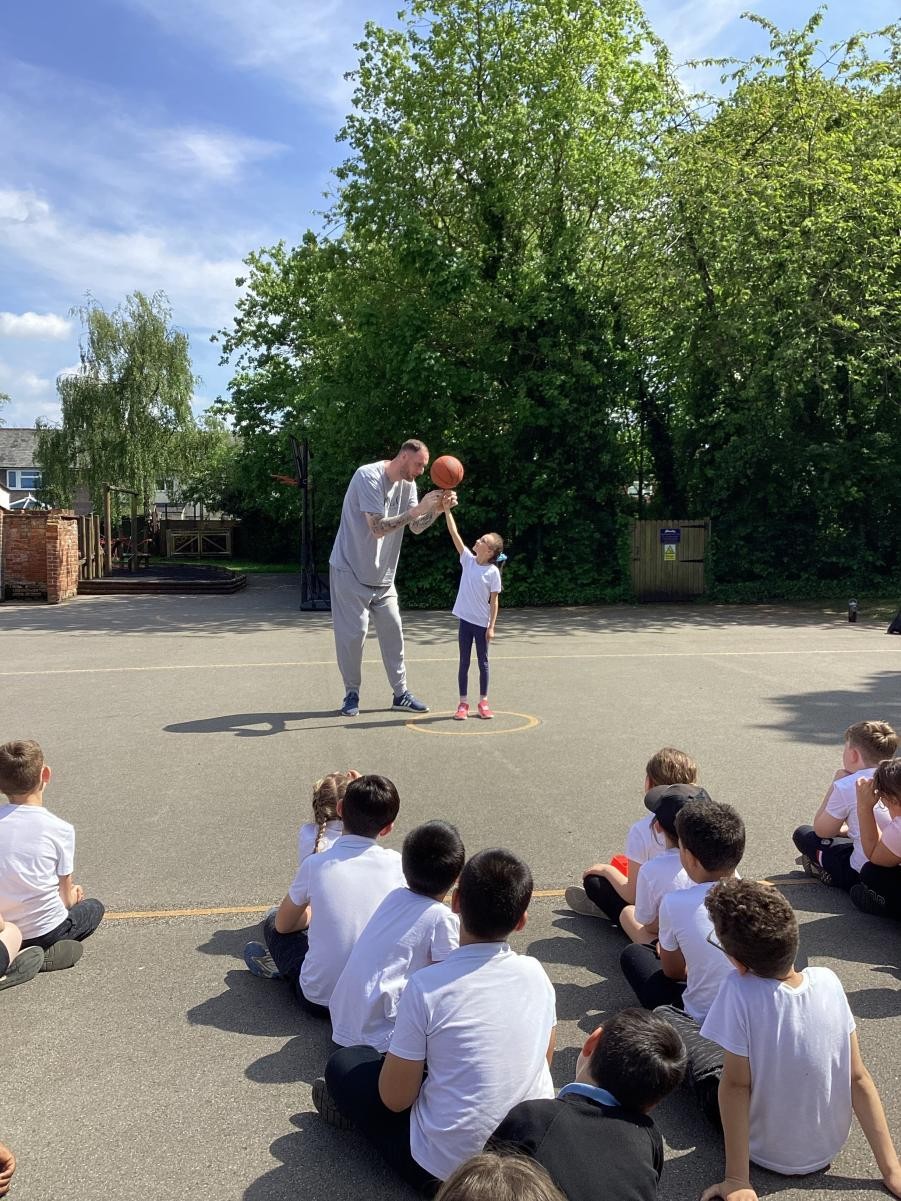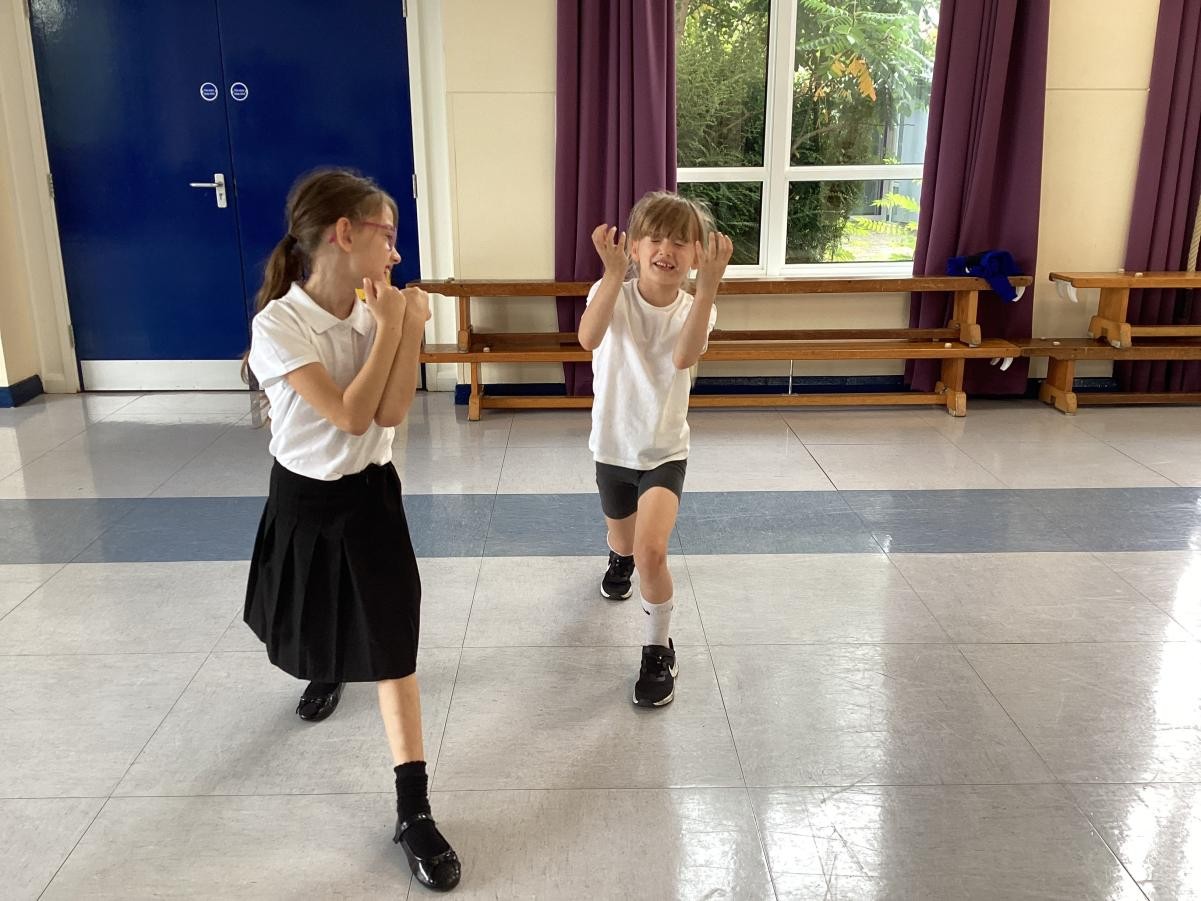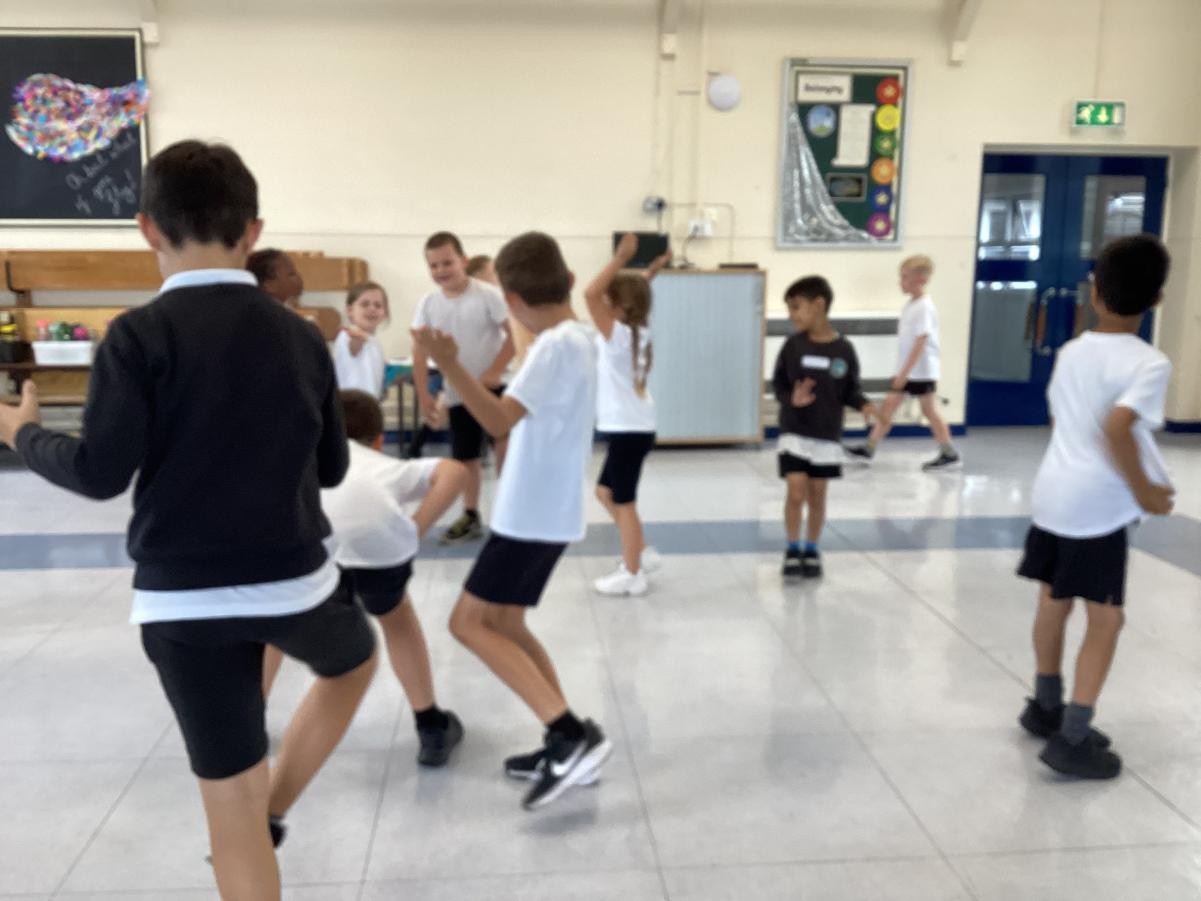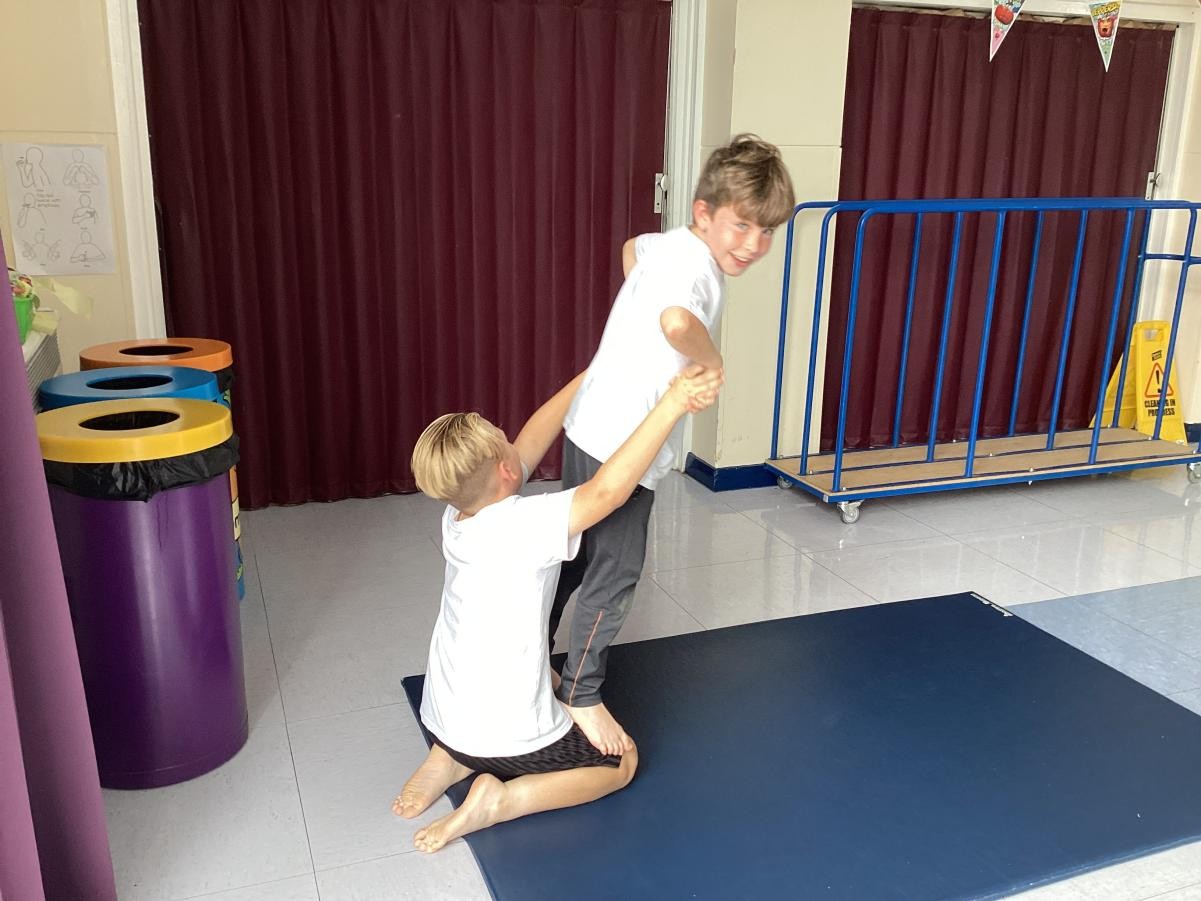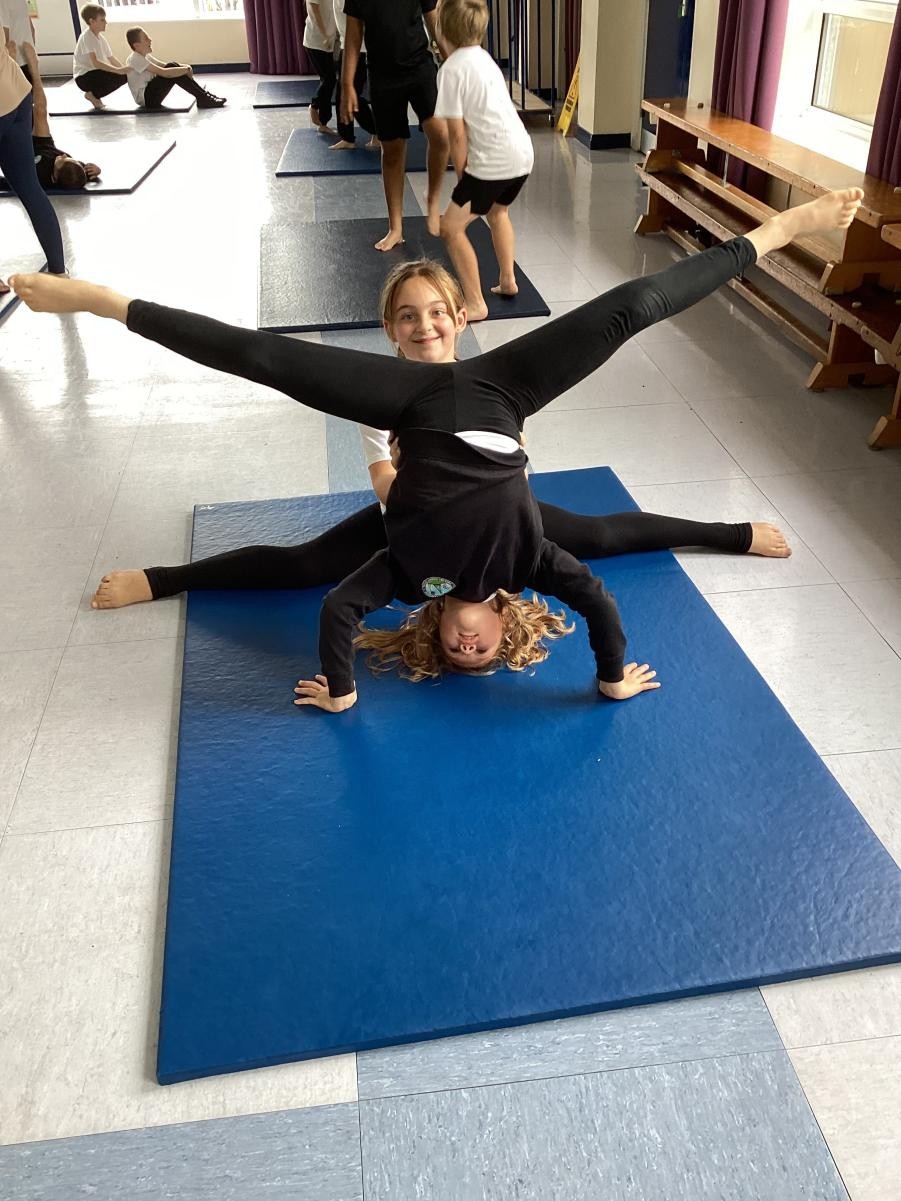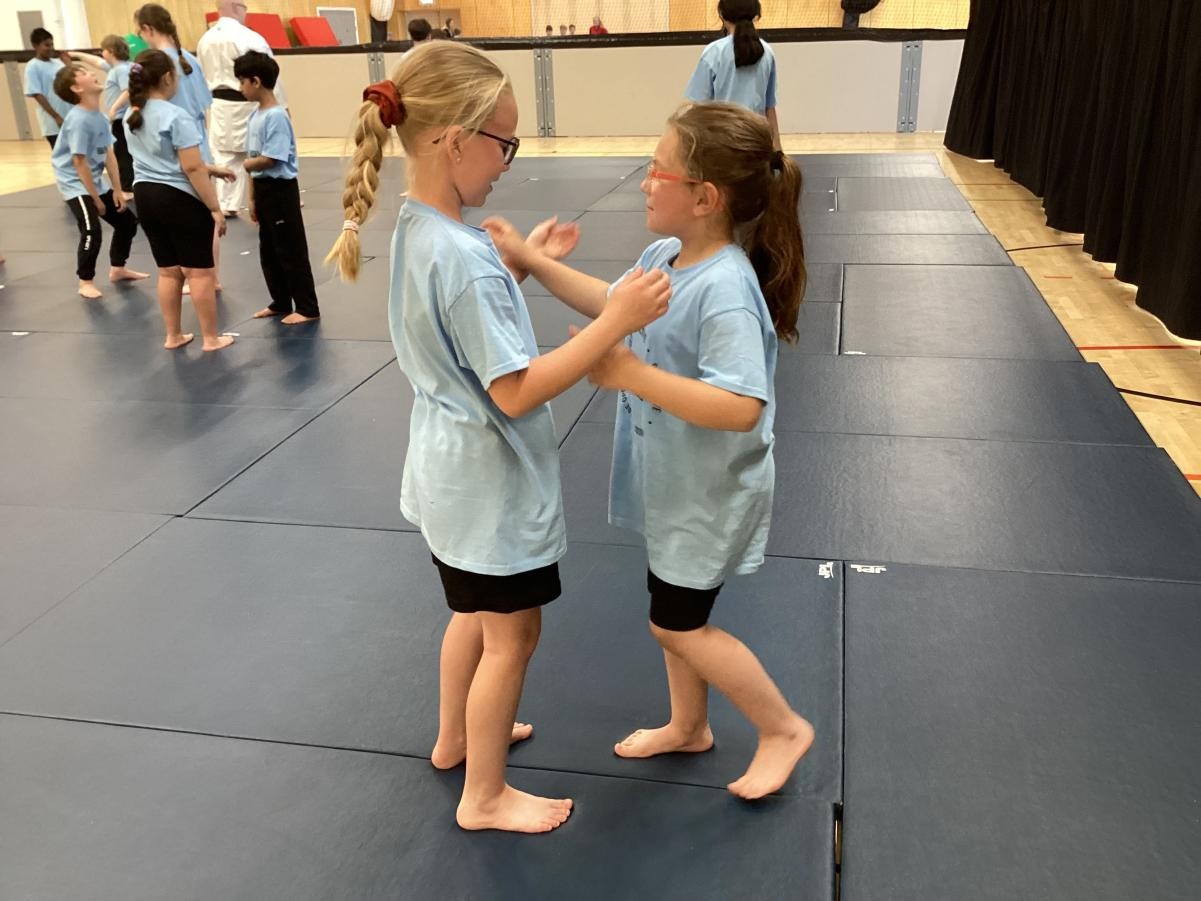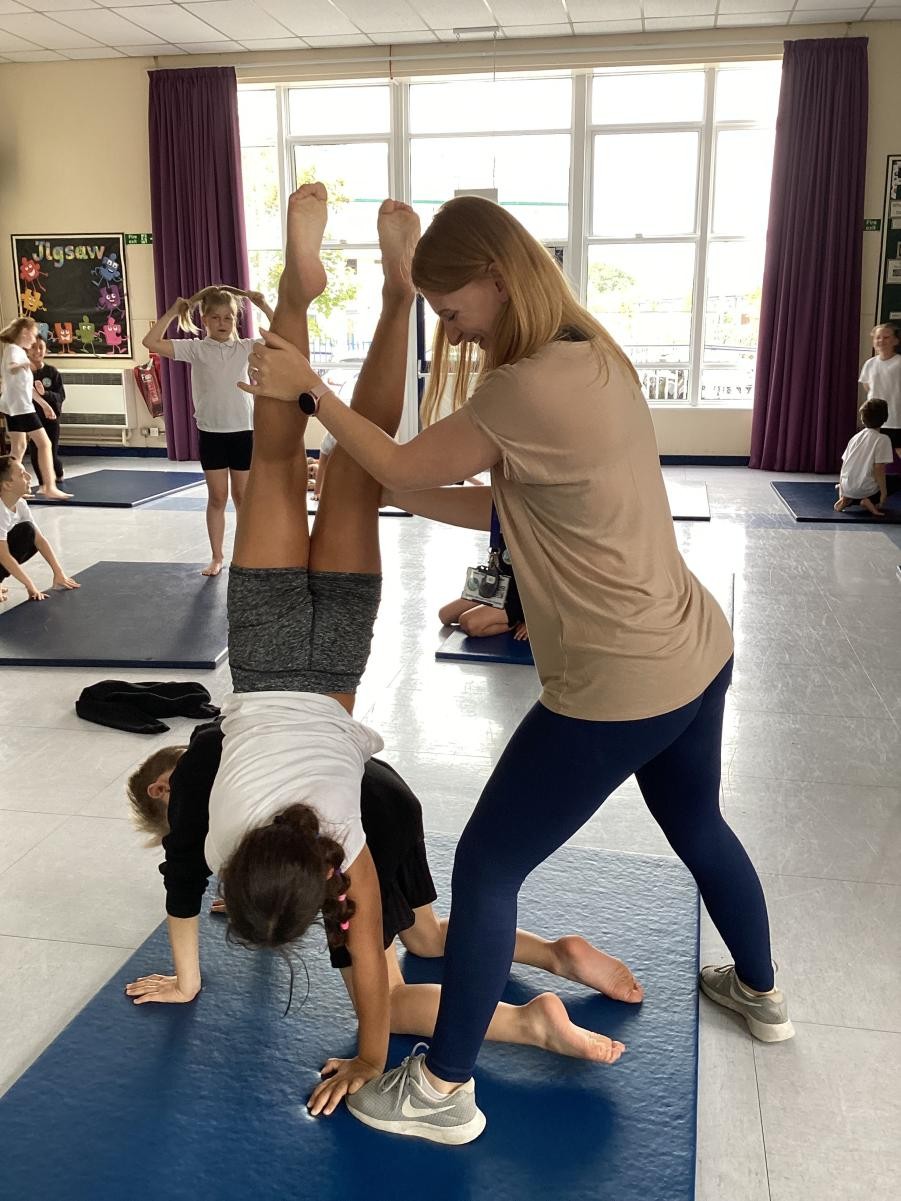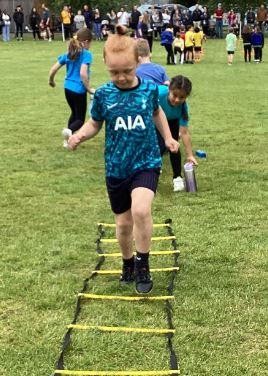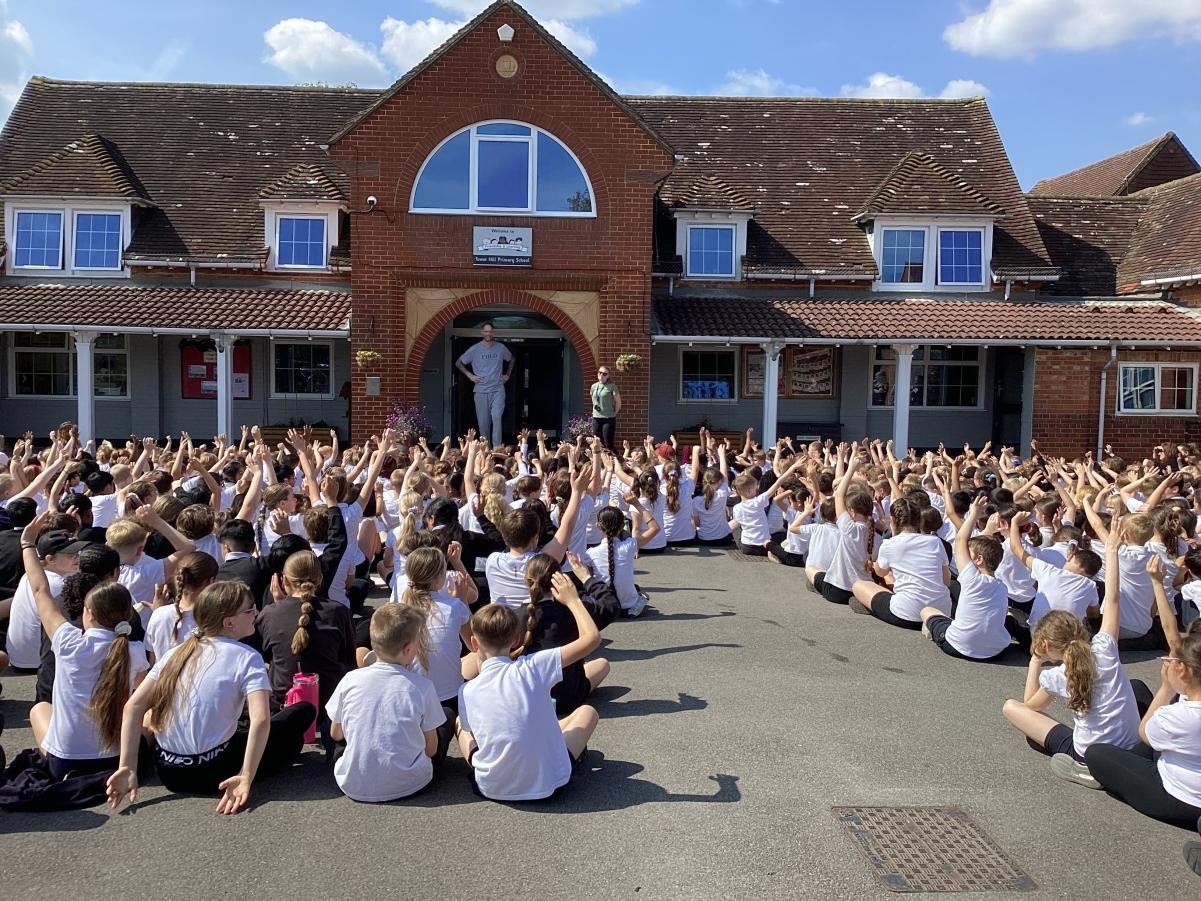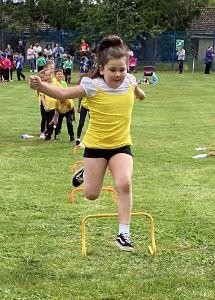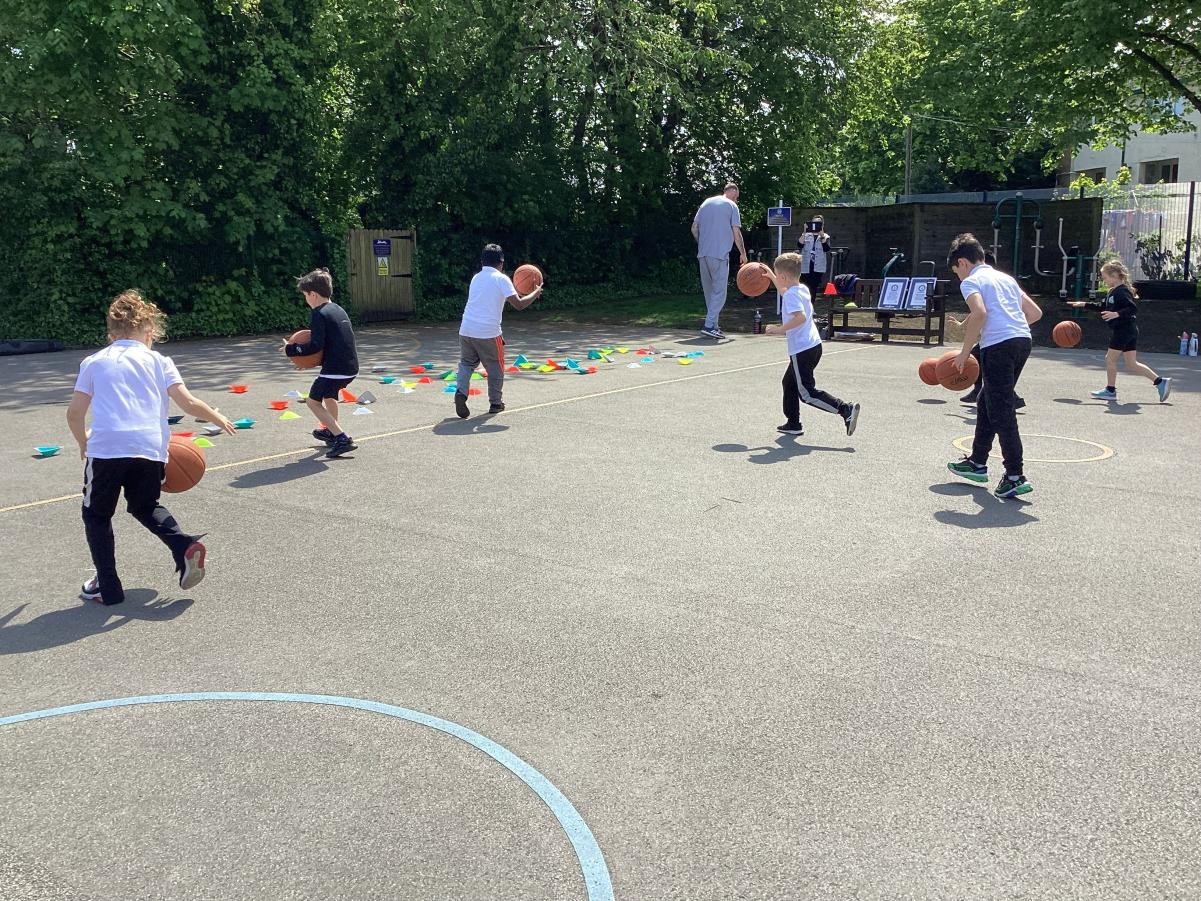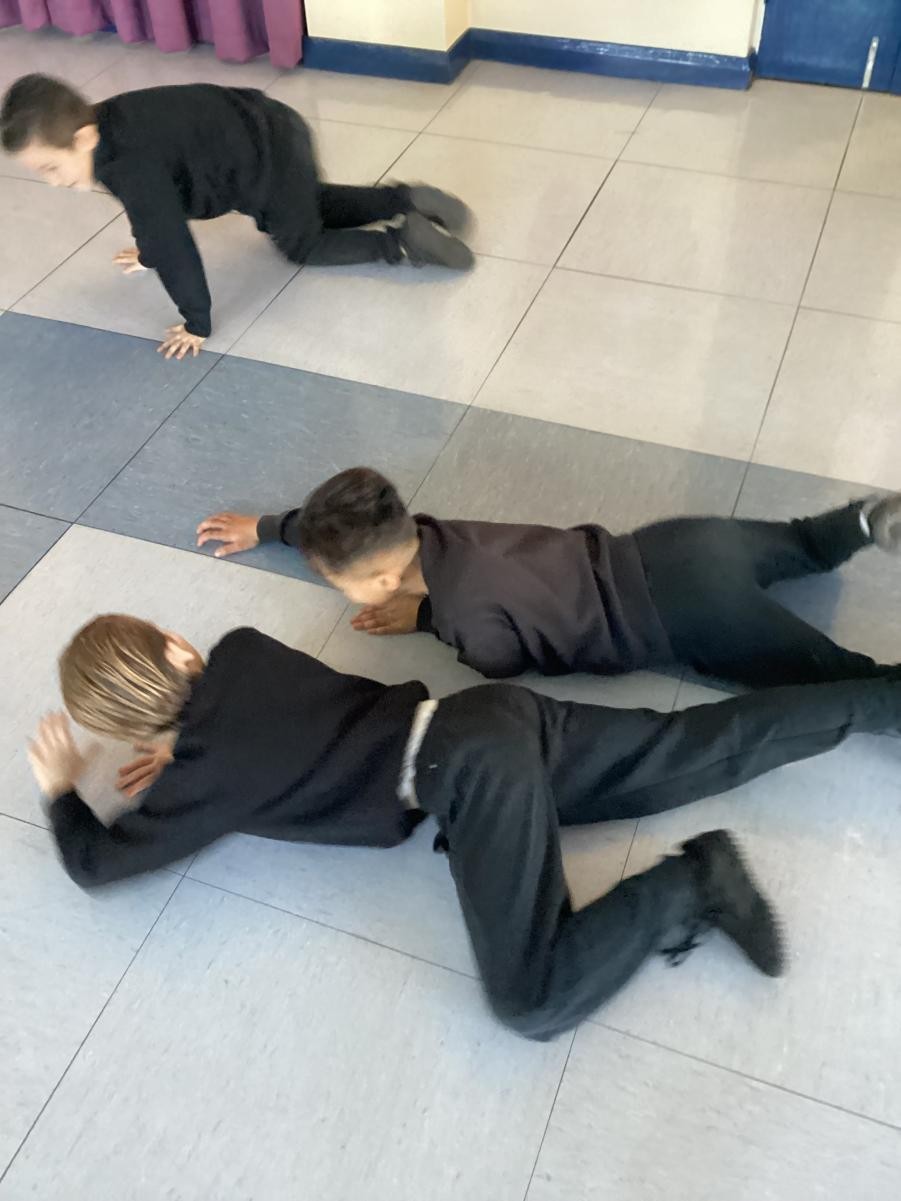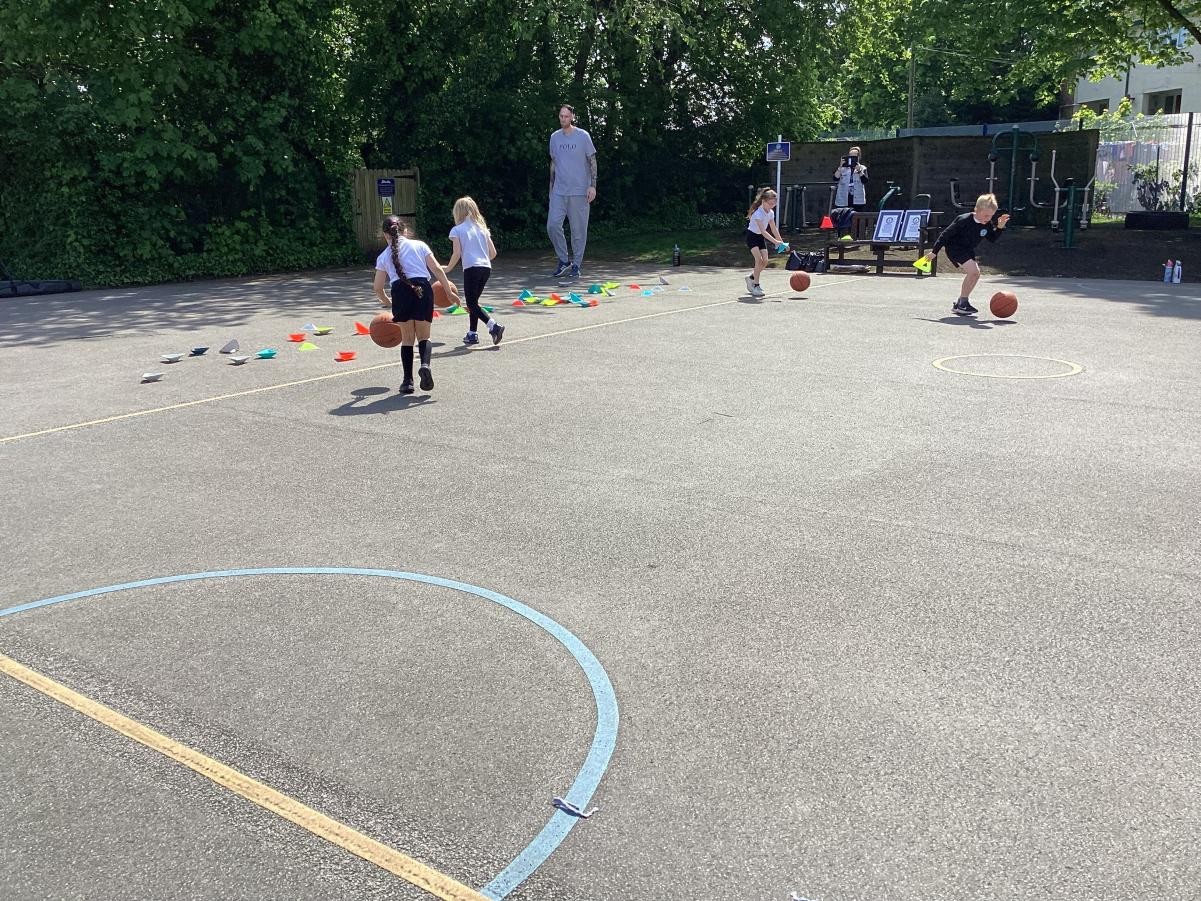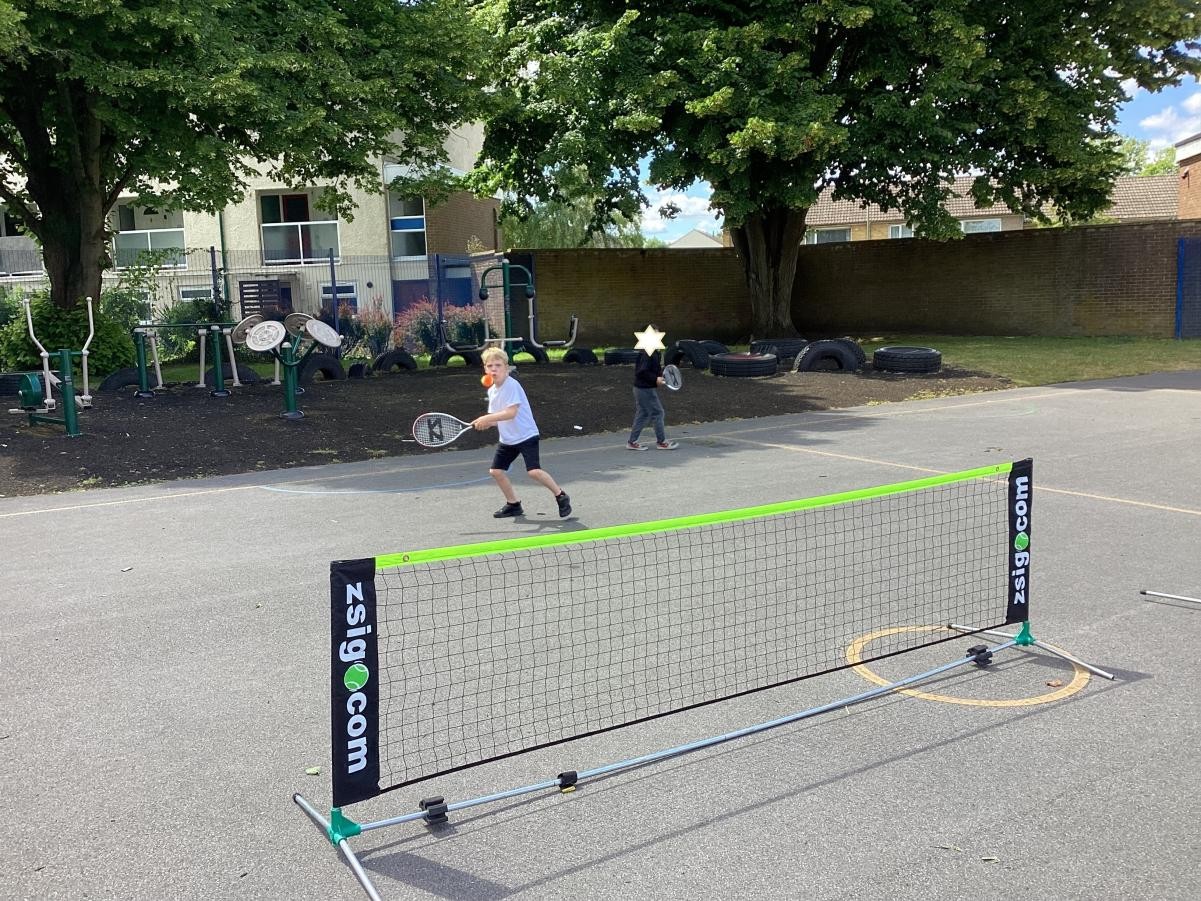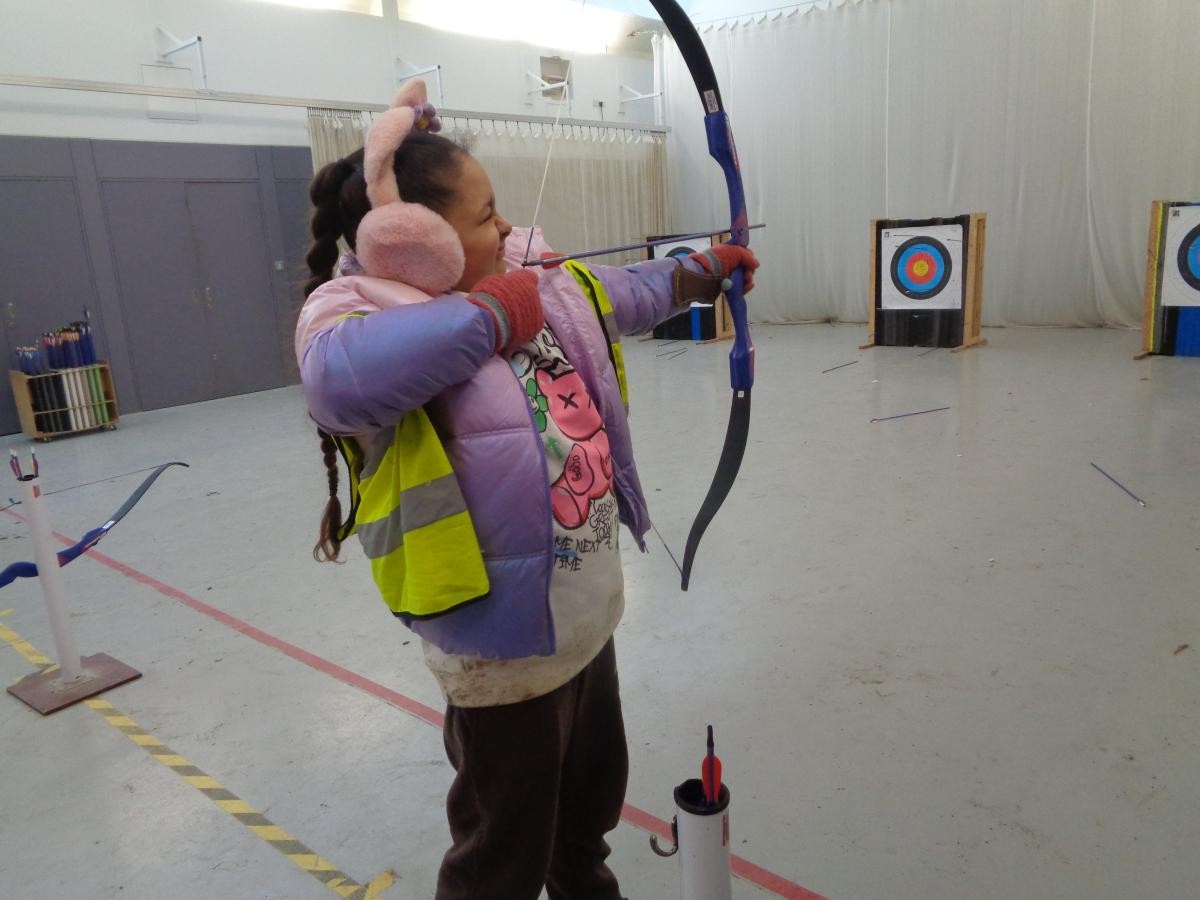Physical Education Rationale
Intent:
At Tower Hill Primary School our core vision is that ALL children will be equipped with the skills, knowledge, understanding and empathy that will lead to them being able to make their own choices in life, successfully. The intent of Physical Education and school sport at Tower Hill is to develop pupils that are physically literate, with the knowledge, skills and motivation necessary to equip them for a healthy, active lifestyle and lifelong participation in physical activity and sport.
We believe that Physical Education and school sport experienced in a safe and supportive environment makes a vital and unique contribution to a pupil’s physical and emotional health, development and wellbeing. We are committed to providing all children with a minimum of 30 minutes of physical activity every day in school, as well as developing links within the local community to ensure that there are opportunities for children to continue being physically active beyond the school gates.
We believe that Physical Education paves the way for a healthy lifestyle, both mentally and physically, and strive to give children a wide range of experiences within their curriculum P.E and extra-curricular opportunities. We recognise the importance of competitive sport within a nurturing environment and ensure that all children are given opportunities to compete regularly in intra and inter school events.
Sport and P.E gives a unique opportunity to develop children’s cultural capital and, through our focus on sportsmanship, we aim to develop well rounded active children who are driven to succeed whilst always respectful to others.
We strive for all to be actively engaged in their own learning, to be motivated and eager, to achieve and attain to their own full potential in Physical Education.
Implementation:
Tower Hill’s P.E Curriculum provides all children with opportunities to take part in a wide range of sports activities which are carried out in a safe and supportive environment, developing their experience of healthy competition. Children’s success is not only measured and celebrated by their sporting ability, but by their effort, hard work and determination, as well as their enjoyment and their ability to work together as a team.
Early Years:
In the Early Years Foundation Stage, Physical Development is one of the three Prime areas of learning. Physical development involves providing opportunities for young children to be active and interactive; and to develop their co-ordination, control, and movement. Children must also be helped to understand the importance of physical activity, and to make healthy choices in relation to food.
The Early Learning Goal for Moving and Handling states that children show good control and co-ordination in large and small movements. They move confidently in a range of ways, safely negotiating space.
The Early Learning Goal for Health and Self-Care states that children know the importance for good health of physical exercise, and a healthy diet, and talk about ways to keep healthy and safe. They manage their own basic hygiene and personal needs successfully, including dressing and going to the toilet independently.
Opportunities are provided for the children to achieve these objectives through two dedicated P.E lessons each week, as well as continuous provision opportunities throughout our child-initiated play environment and two well-equipped outdoor areas.
Key Stage I:
The National Curriculum states that in KSI: Pupils should develop fundamental movement skills, become increasingly competent and confident and access a broad range of opportunities to extend their agility, balance and coordination, individually and with others. They should be able to engage in competitive (both against self and against others) and co-operative physical activities, in a range of increasingly challenging situations.
Throughout Year 1 and Year 2, children build on their natural enthusiasm for movement, using it to explore and learn about their world. Through several creative Dance and Gymnastic units, children learn to move in different creative ways, responding to music and beginning to characterise. They start to play and work with other children in pairs and small groups. By watching, listening and experimenting with movement and ideas they develop their skills in movement and their co-ordination, and enjoy expressing and testing themselves in a variety of situations and cross-curricular contexts.
In KSI, children take part in Games lessons based around developing their ABCs (agility, balance and coordination). These multi-skills lessons provide children with a range of activities based on having fun and working both individually and as a team. Through units such ‘Striking & Fielding’ and ‘Net & Wall’, children begin to learn more specific game-based skills that can be applied to small-sided games. In ‘Invasion Games’, children begin to recognise the need for simple attacking and defending tactics and the ability to work together to succeed.
Key Stage II:
The National Curriculum states that in KSII: Pupils should continue to apply and develop a broader range of skills, learning how to use them in different ways and to link them to make actions and sequences of movement. They should enjoy communicating, collaborating and competing with each other. They should develop an understanding of how to improve in different physical activities and sports and learn how to evaluate and recognise their own success.
During Key Stage II, children enjoy being active and using their creativity and imagination in physical activity. In Dance, they learn new skills, find out how to use them in different ways and link them to make actions, phrases and sequences of movement. Children create and perform dances using a range of movement patterns and learn how to analyse and improve their own performance ready for their final assessed piece of work. In Gymnastics, children are given opportunities to develop strength, flexibility, technique, control and balance, through both floor and apparatus work.
Through Games units, such as football, netball and tag rugby, children enjoy communicating, collaborating and competing with each other. They develop an understanding of how to succeed in different activities and learn how to evaluate and recognise their own success. Children build on running, throwing, catching and jumping skills from KSI and apply these in game-based situations, both in isolation and in combination. All children are given the opportunity to take part in healthy and safe competition through an end of unit tournament, where they compete in their house colours.
Impact:
Our P.E curriculum aims to improve the wellbeing and fitness of all children at Tower Hill, not only through the sporting skills taught, but through the underpinning Sportsmanship values and disciplines P.E promotes. The impact of this curriculum will be clear, not just through the attainment of pupils against Age Related Expectations, but through the positive attitudes of our pupils towards physical activity and healthy lifestyles. Our children will be more actively engaged and motivated, not only in P.E lessons, but also in extra-curricular sporting opportunities both in and out of school.
Golden Thread
When participating in Physical Education, our pupils are shown the purpose for their learning in the wider world. This reinforces our pupils’ cultural capital- ensuring they can see where sports and P.E can take them. Whether this be a chosen career only available in the sports industry, such as an athlete or a sports coach; or a chosen career that links to another area of their learning, such as a sports social media, or a sports journalist, we ensure our pupils are exposed to the opportunities available for their future.

